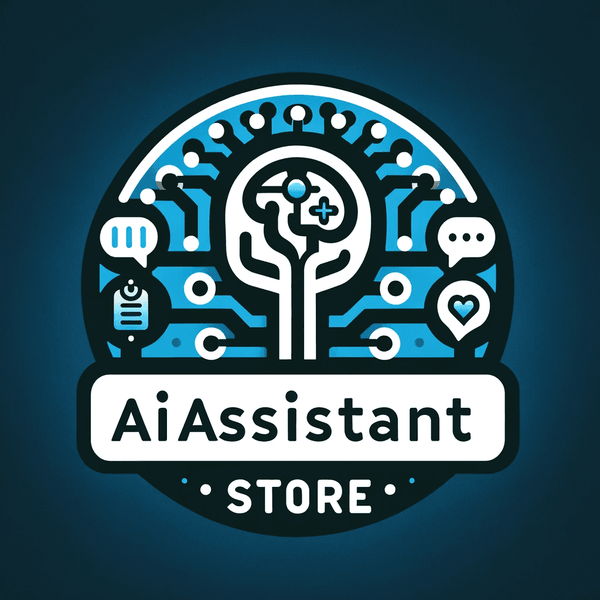🚨 Cybersecurity’s “Zero-Day” Problem
The buzz yesterday was about so-called zero-day AI attacks. Imagine self-directed systems poking into digital cracks nobody’s patched yet. A little scary, honestly. Some folks in security circles are sounding the fire alarm, while others are playing it cool - saying we’ve seen hype cycles before. But still, it’s clear defensive AI isn’t optional anymore; it’s edging into the “bare minimum” category.
🔗 Read more
📈 Wall Street Loves AI (for Now)
Oracle’s shares jumped after it bragged about AI-driven cloud demand, and that move helped drag the Nasdaq and S&P to record highs. Investors piled in, and chipmakers plus the less-glamorous data-center suppliers also got a bump. Honestly, it feels a bit like déjà vu - dot-com bubble vibes, except this time it’s GPUs and cooling systems rather than flashy websites.
🔗 Read more
🏛️ Washington Tries to Catch Up
Congress inched forward on the defense bill (NDAA), sliding in AI and cybersecurity language. Nothing revolutionary, but it signals AI has officially crossed into “national security” territory. At the same time, lawmakers keep hyping their AI Action Plan - which sounds tidy on paper, but as always in D.C., plans often live in limbo before anything concrete happens.
🔗 Read more
🔗 AI Action Plan details
🩺 Hospitals Walk a Fine Line
Jefferson Health is rolling out AI tools - voice scribes, better triage, symptom checkers - but the goal is assistance, not replacement. Doctors still stress the “human touch,” though some admit there’s no escaping AI in modern practice. The tension’s obvious: everyone wants efficiency, nobody wants a robot to break bad news.
🔗 Read more

